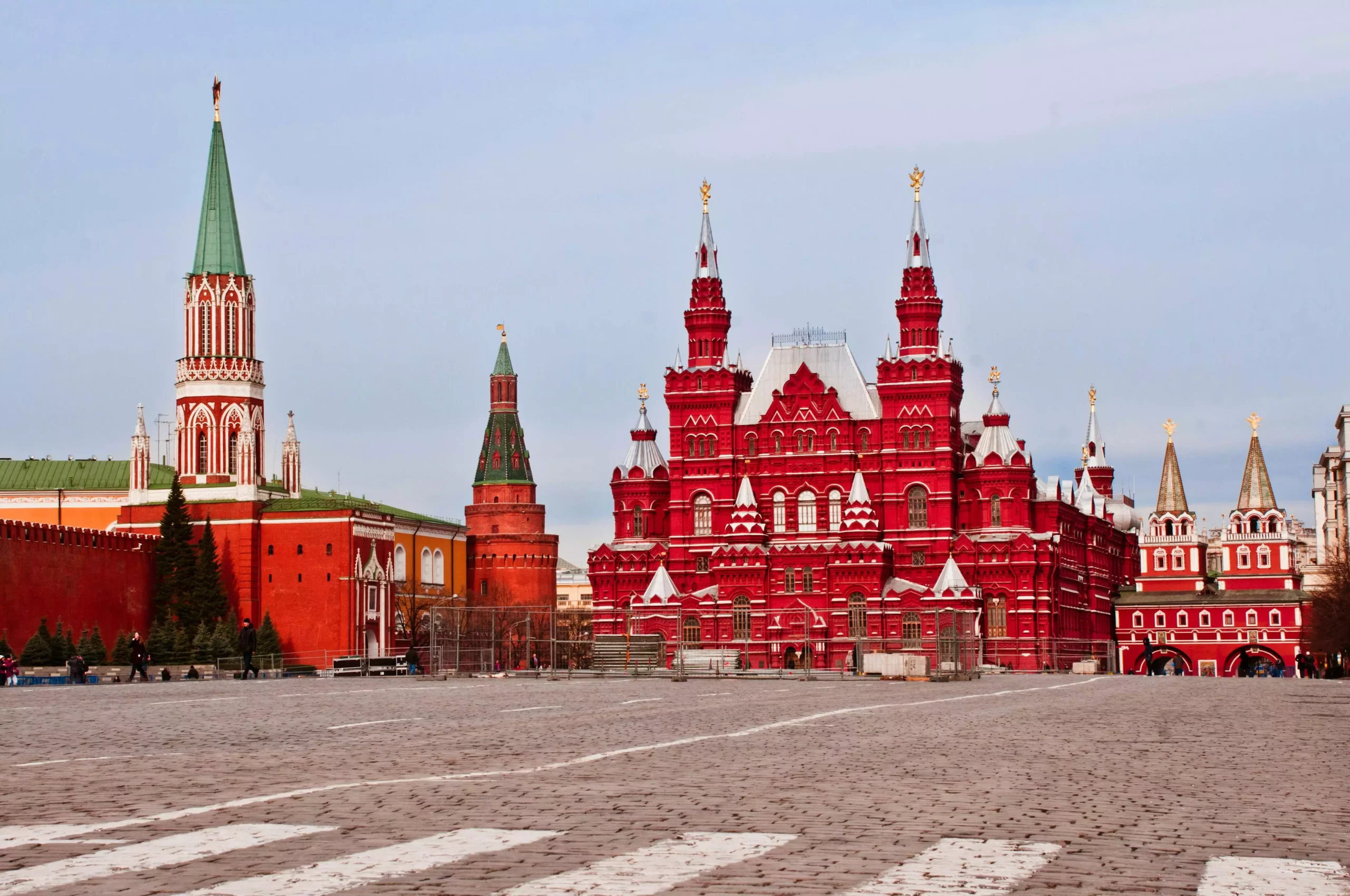In an unexpected turn of events, Russia has decided to wade into the choppy waters of cryptocurrency by introducing Bitcoin futures contracts on the Moscow Exchange. This groundbreaking initiative signifies more than just a curiosity in the cryptocurrency space; it represents a pivotal shift in Russia’s approach to digital assets, especially as the nation attempts to navigate its complex economic landscape. Historically cautious about crypto investments, the Russian government shows that, while it still retains a watchful eye, it is gradually opening its gates to innovative financial instruments.
This decision arrives at a moment when the demand for cryptocurrencies is soaring globally, and the potential of Bitcoin futures could unlock new avenues for local and international traders. Just take a moment to digest this reality: Russia is allowing qualified institutions to engage in trading Bitcoin futures contracts linked to the performance of major assets, specifically the BlackRock Bitcoin ETF. Yes, the same BlackRock with an astonishing $72 billion in assets has sparked interest not only vertically but also horizontally across markets.
The Exclusive Nature of Trading
However, what’s important to note here is the selectiveness of this trading environment. Only qualified investors, often big banks and hedge funds, are permitted access to this potential goldmine. Ordinary retail investors are notably sidelined, creating a quasi-aristocracy in trading privileges. Such exclusivity might seem perplexing at first glance; however, this strategic maneuver serves a double purpose. First, it mitigates the risk of widespread volatility associated with retail trading. Second, it effectively channels capital into a controlled environment where experienced players can absorb shocks while navigating the crypto wilderness.
Furthermore, the decision to price contracts in US dollars yet settle them in Russian rubles is shrewd. This unique arrangement protects local investors from unpredictable swings in international markets while retaining capital within the Russian economy. It reflects an inherent desire not just to participate in global conversations but to do so without losing control of the national monetary system. In a world where financial volatility reigns supreme, this cautious yet calculated path might prove prudent.
Government’s Watchful Eye
Despite this measured approach to cryptocurrency, Russia’s central bank remains cautious. The evolution toward allowing crypto derivatives for qualified investors indicates progress, yet the reluctance to permit broader access demonstrates a stern warning to venture beyond established parameters. By encouraging institutional involvement while restricting general consumer engagement, the state appears to be adopting a well-guarded bet: capitalizing on the financial allure of cryptocurrencies while sidestepping potential pitfalls.
Investors cannot help but wonder if this cautious enthusiasm reflects a lack of trust in the burgeoning crypto market or if regulators are genuinely focused on shielding consumers from significant losses that can arise from over-inflated assets. The allure of Bitcoin is undeniable, yet, as any prudent investor will attest, entering such a dynamic space without adequate risk assessment is akin to dancing on thin ice.
Corporate Interest and Structured Bonds
In tandem with these futures, major players like Sberbank, Russia’s largest bank, are stepping up to the plate with their crypto-centric offerings. The introduction of structured bonds tied to Bitcoin’s price showcases a creative way to participate in the cryptocurrency craze while avoiding the complexities of direct Bitcoin trades. Designed for select clients who may lack knowledge or resources for navigating the complexities of cryptocurrency wallets, these bonds represent a gateway into the digital asset landscape, without the burdens of traditional crypto exchanges.
This can be perceived as a significant leap forward in establishing a cryptocurrency economy, albeit one steeped in limitations. The innovative structures being developed could pave the way for wider acceptance of cryptocurrencies in the future, as more financial services adapt to the evolving digital landscape. In doing so, Russia may find its place at the intersection of innovation and control, a balancing act that could inspire other nations.
In this turbulent era of economic uncertainty, Russia’s bold foray into Bitcoin futures and other cryptocurrency-related products seems to strike a chord with center-right thinkers who view financial innovation as a tool for growth, not as an anarchic challenge to traditional systems. While the skepticism surrounding cryptocurrencies is justifiable, embracing this evolving technology through strategic and thoughtful means could prove to be not just beneficial, but essential.

